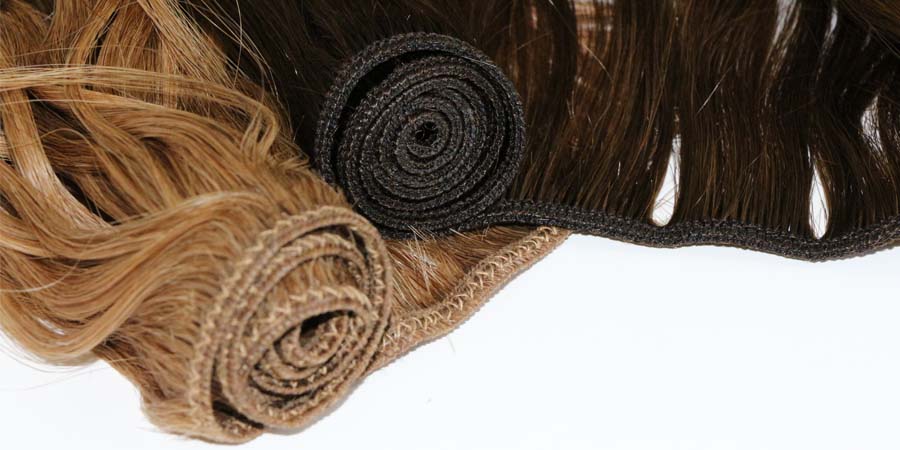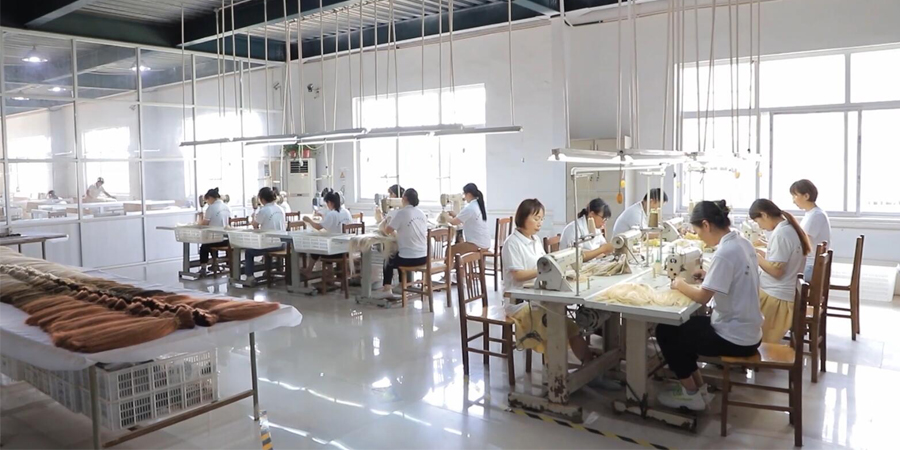Human hair extensions are in high demand in the beauty industry. For companies, wholesalers, and vendors, sourcing high-quality products is crucial to meet customer needs and maintain a competitive edge. This guide provides essential steps and considerations for successfully sourcing human hair extension suppliers.
1. Understand the Market
-
Market Research
-
Conduct thorough market research to understand current trends, customer preferences, major competitors, and price ranges for different types of extensions.
-
Types of Human Hair Extensions
-
Familiarize yourself with various types of hair extensions, such as Clip-ins, Tape in (normal tape in, inserted tape in, slim tape in, etc), Weft (silk weft, slim weft, hand tied weft, machine-made weft), Pre bonded (Flat tip, U tip, V tip, I tip, etc), Ponytails, and micro-ring extensions, etc.
2. Research and evaluate Potential Suppliers
Now you have a list of your potential hair extension suppliers.
-
Sourcing potential suppliers through market investigation
-
You can draw support from online directories (e.g., Alibaba, Global Sources), Google searches, trade shows, and industry referrals.
-
Company Background
-
Investigate the supplier’s history and background, including their establishment time, scale, and reputation in the industry.
-
Website and Online Presence
-
Visit potential suppliers’ websites to check their professionalism, operation philosophy,product information, and company background.
-
Product Range
-
Determine the range of products the supplier offers to ensure it matches your needs.
3. Identify Your Suppliers
Here are some tips to further screen your potential suppliers:
-
Responsiveness
-
Contact the potential suppliers on your hair extension suppliers list via email or phone to assess their response time and communication efficiency.
-
Sample Testing
-
Request product samples and conduct quality tests to evaluate attributes such as texture, strength, and color consistency.
-
Service Quality
-
Evaluate the supplier’s service quality and communication skills. Good suppliers should be responsive, clear, and professional in their interactions.
-
Professionalism
-
Evaluate the overall professionalism of the supplier based on their website, interactions, and provided materials.
-
Production Capacity
-
Ensure the supplier can meet your volume requirements.
4. On-Site Visits and Ethical Practices
-
Arrange on-site visits to tour the supplier’s factory and production facilities to ensure they maintain high production standards.
-
Understand the supplier’s production processes and quality control measures to ensure they can consistently deliver high-quality products.
-
Assess the working conditions and treatment of factory employees to ensure the supplier adheres to ethical and sustainable production practices.
Now you have an initial images of your potential suppliers,screen and pick out your suppliers by contrast all the above information.
Sourcing reliable human hair extensions suppliers requires thorough background investigation and sufficient communication. By following this guide, companies, wholesalers, and vendors can develop close collaboration relationship with reliable and powerful suppliers and ensure they offer superior products that meet market demands and satisfy customers.

